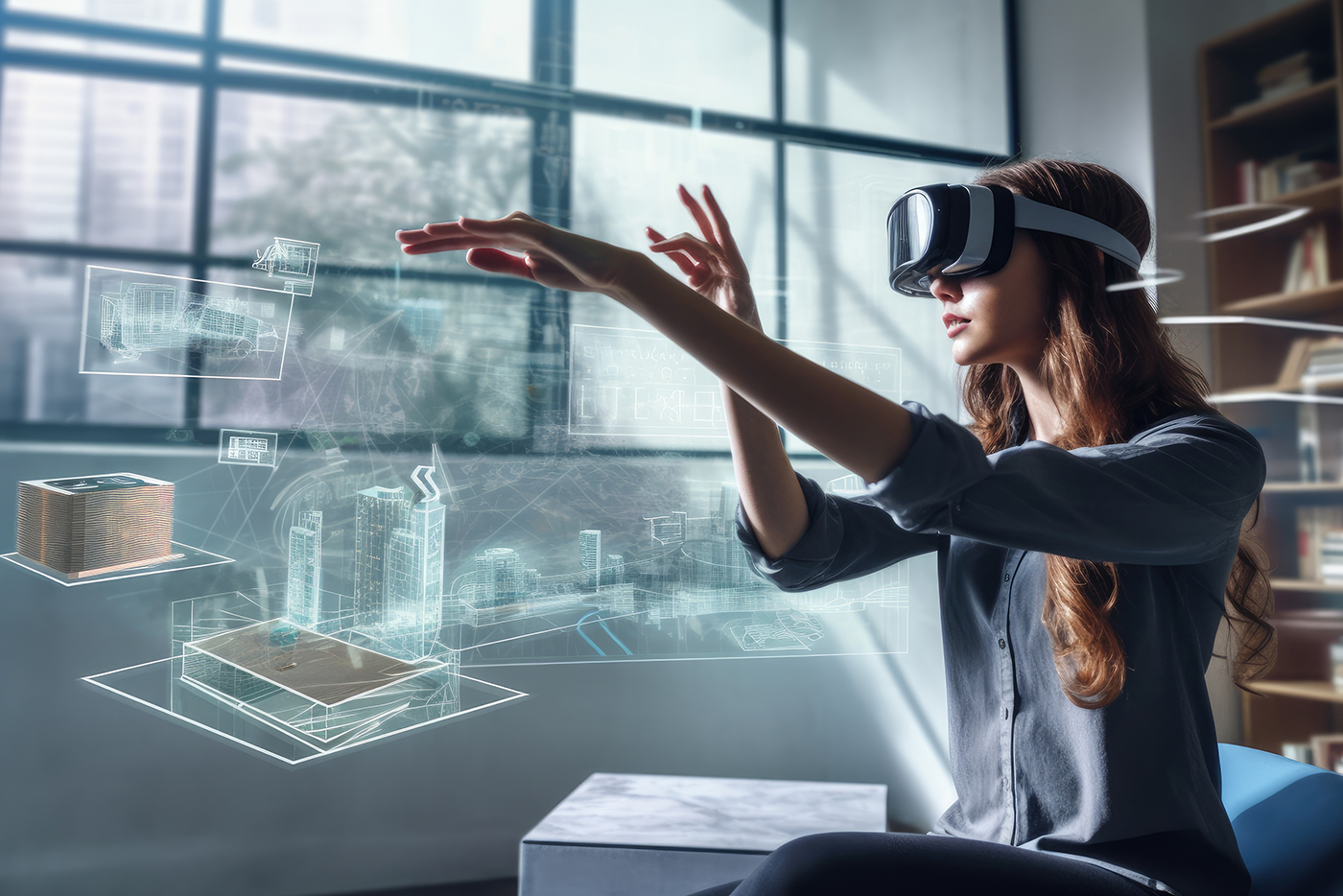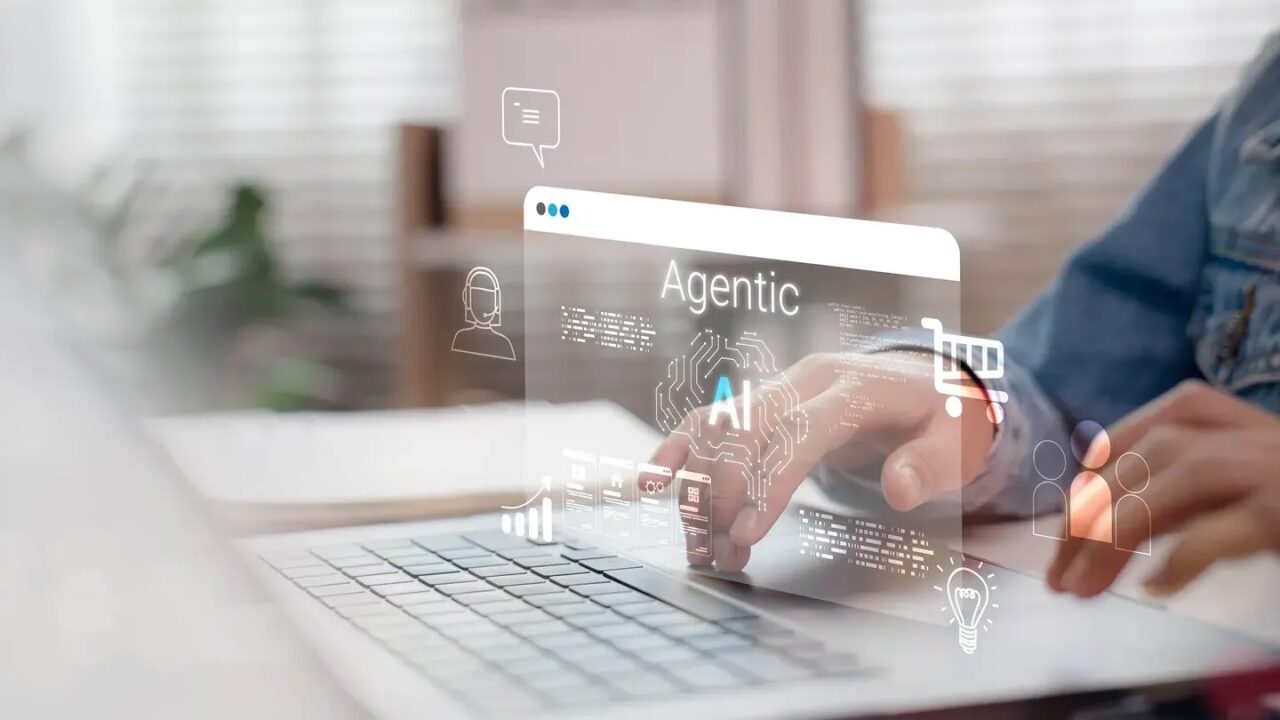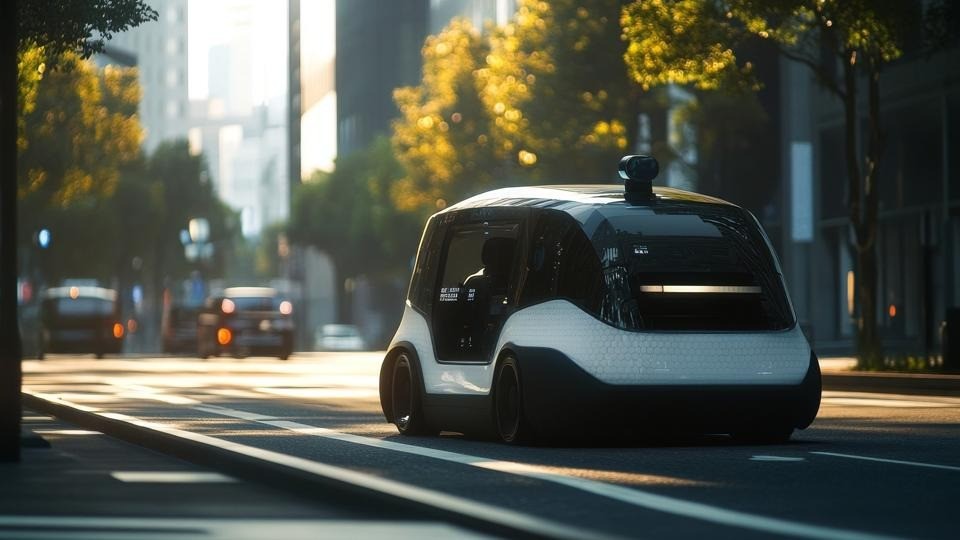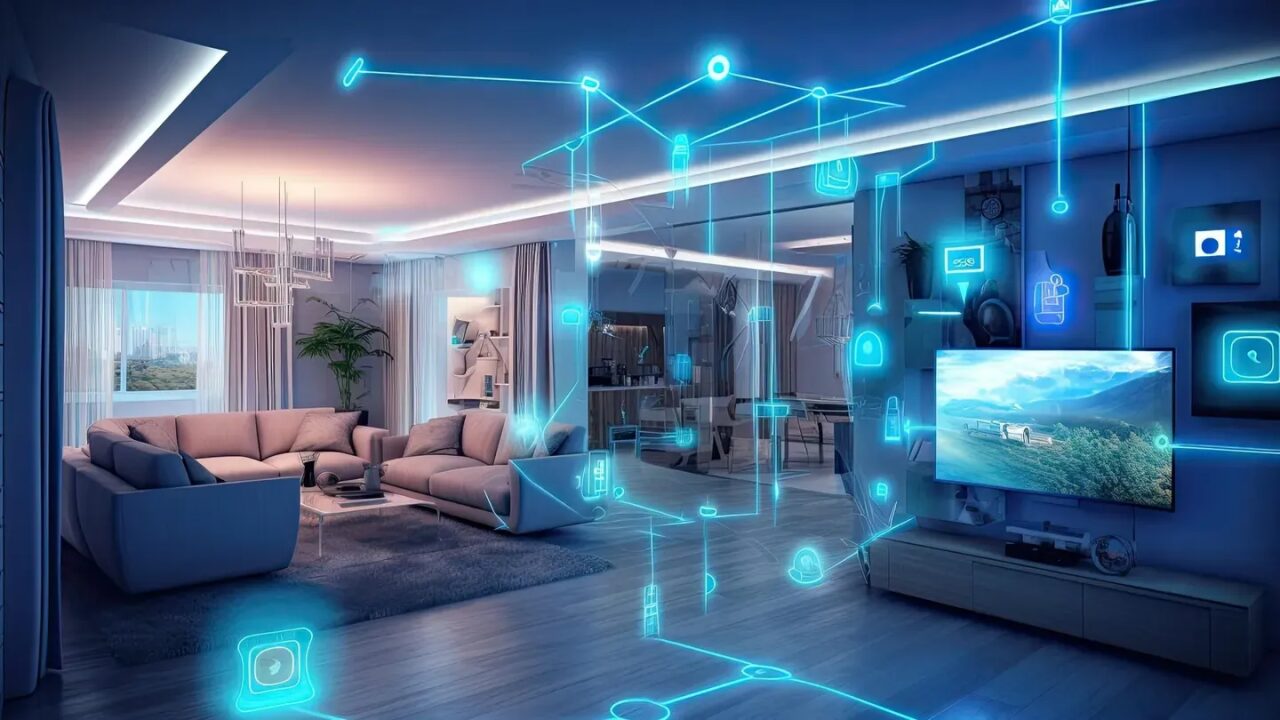When Will The Future Immersive Internet Arrive?
11 July 2023
As much as I’d love to have a crystal ball sitting on my desk, unfortunately, I don’t. I’d like to say with absolute certainty that the future internet — including the metaverse — will arrive at a certain date and time, but unfortunately, it doesn’t work that way.
The future internet is an evolution, which means it won’t “arrive” at a particular point in time. But the building blocks that will bring the next iteration of the web to life — including blockchain and the latest immersive technologies — are already emerging.

Extended-reality social spaces and gaming have existed for decades, but the tech advances and societal transformations ushered in by the pandemic have pushed the development of the metaverse to the forefront. Investors have poured millions of dollars into the metaverse, prompting predictions that it is "the next internet battleground."
There are some predictions we can make based on current information. Let's take a closer look at how the future internet will likely arise and what we need to know as we're reimagining its potential.
The Metaverse May Already Be Here
You might be asking, “But when will I get to experience the metaverse?”
Well, you already can if your definition of "the metaverse" is "a more immersive internet."
It's already possible to attend massive virtual concerts in the Fortnite world alongside thousands of other music lovers around the world.
You can already try on clothes, makeup, and accessories on many retail sites (without leaving your home) thanks to augmented reality technology.
And you can already socialize with your friends in Meta’s virtual Horizon Worlds.
For now, these experiences are available on separate apps and platforms rather than in one interconnected, seamless virtual universe — but they're still incredible examples of the metaverse in action.
The Rise of Web3
On the other hand, how web3 will roll out is a little harder to predict. NFTs and blockchain are still relatively new, and some believe web3 technologies are overhyped (we’re already seeing some evidence of this, as NFT and cryptocurrency prices fluctuate wildly).
But if there is a web3 crash — which some experts are predicting — it may not be a huge bust for the future internet. Historically, the dot-com crash led directly to the rise of Google and Amazon. The emerging decentralized platforms that survive a web3 crash could offer enormous value for their audience.
For web3, it’s still early days. Our current stage in web3 is similar to where the internet was in the early 1990s, before the advent of the first search engines.
There are a lot of problems to figure out before we’ll see a real “decentralization revolution.” Everything depends on the latest tech innovators figuring out ways to offer real-world value through web3 applications and platforms.
The Revolution Is Already Happening
While firm predictions are difficult to make, what we do know is that we’re already headed toward a more immersive (and likely, more decentralized) internet in the future. That evolution is happening now, and we’re seeing breakthroughs in the news on a daily basis.
Even futurists like me are surprised by the speed of this fourth wave of the industrial revolution. The first industrial revolution was characterized by steam and water power, the second by electricity and assembly lines, and the third featured the rise of computerization.
This fourth wave, which is being driven by automation, interconnected systems, and artificial intelligence, is incredibly exciting — and I’m looking forward to seeing what happens in the internet of the future.
Related Articles
10 Critical Skills Every Leader Must Master In 2026
By now, “smart” versions exist of just about every home appliance, gadget and gizmos we can think of. However, manufacturers continue[...]
7 E-Commerce Trends That Will Transform Shopping In 2026
By now, “smart” versions exist of just about every home appliance, gadget and gizmos we can think of. However, manufacturers continue[...]
6 Critical Telecom Trends In 2026: What Industry Leaders Need To Know
By now, “smart” versions exist of just about every home appliance, gadget and gizmos we can think of. However, manufacturers continue[...]
Flying Taxis And Self-Driving Trucks Arrive In 2026: 6 Transport Trends To Watch
By now, “smart” versions exist of just about every home appliance, gadget and gizmos we can think of. However, manufacturers continue[...]
Technology in Action: My Key Takeaways on How AI and Quantum Are Accelerating Global Transformation
By now, “smart” versions exist of just about every home appliance, gadget and gizmos we can think of. However, manufacturers continue[...]
The 10 Biggest Consumer Technology Trends Of 2026
By now, “smart” versions exist of just about every home appliance, gadget and gizmos we can think of. However, manufacturers continue[...]
Sign up to Stay in Touch!
Bernard Marr is a world-renowned futurist, influencer and thought leader in the fields of business and technology, with a passion for using technology for the good of humanity.
He is a best-selling author of over 20 books, writes a regular column for Forbes and advises and coaches many of the world’s best-known organisations.
He has a combined following of 4 million people across his social media channels and newsletters and was ranked by LinkedIn as one of the top 5 business influencers in the world.
Bernard’s latest book is ‘Generative AI in Practice’.










Social Media